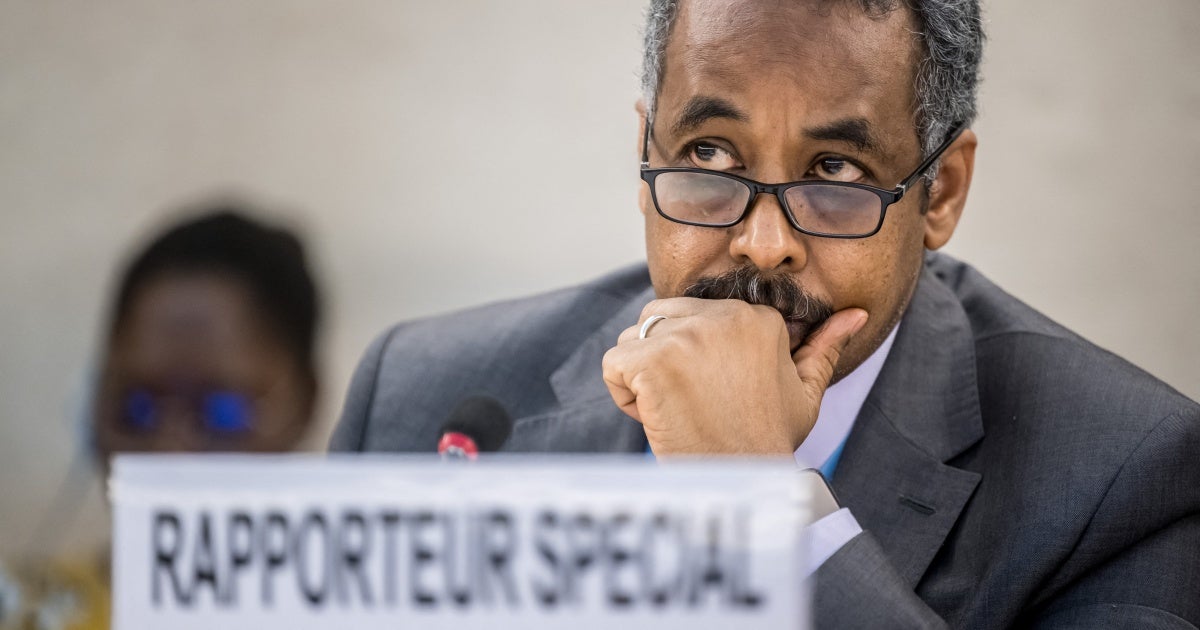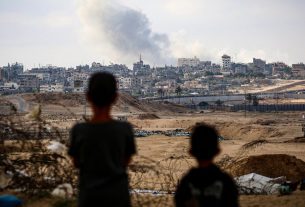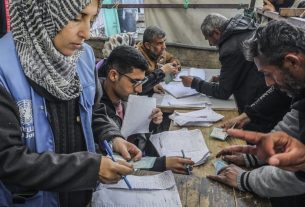“Patterns of gross human rights violations, including the widespread use of arbitrary and incommunicado detention and enforced disappearance persist unabated” in Eritrea, the UN Special Rapporteur on the situation of human rights in Eritrea, Dr. Mohamed Abdelsalam Babiker, told the UN Human Rights Council.
Despite consistent concerns being raised about the dire rights situation across the country, he reported there had been “no indications of any measures taken to improve” it.
This assessment, detailed in the report he presented during the council’s 56th session, was sadly unsurprising, given Eritrea’s track record of refusing to cooperate or engage with international and regional human rights mechanisms, despite its membership of the UN Human Rights Council.
Eritrea remains one of the only countries in the world to have never accepted a visit by a UN independent human rights expert, and the country has consistently ignored recommendations made by UN experts. It has also ignored repeated calls by the African Commission on Human and Peoples’ Rights over the last two decades, including to release detainees and to guarantee the rights to a fair trial, freedom of opinion and expression, religious freedoms, and peaceful assembly.
Despite consistent appeals from the UN, the African Commission and civil society, the Government has maintained a policy of indefinite national service, including compulsory military conscription, and has failed to stop abuses against conscripts, including children.
Civic space within Eritrea is completely closed: no independent media, independent civil society organizations, or political opposition parties are able to operate within the country, resulting in little to no checks on the executive. Impunity remains the norm and due process rights are systematically flouted. Given this context, international engagement and support for Eritrean human rights defenders is all the more important.
In the face of Eritrea’s flagrant and persistent violations, total disregard for human rights mechanisms, and erasure of domestic civic space, the work of the Special Rapporteur shines a much-needed spotlight on the situation in Eritrea, and much-needed support to beleaguered Eritrean civil society.
Countries with a vote at the UN Human Rights Council should respond positively to civil society appeals to support a resolution renewing his mandate when it is presented next week, despite moves by Russia, Iran and other rights-abusing Governments to counter the initiative. They should stand with victims of abuses and the courageous Eritrean human rights defenders, not with rights-abusing governments seeking to undermine international protections.



